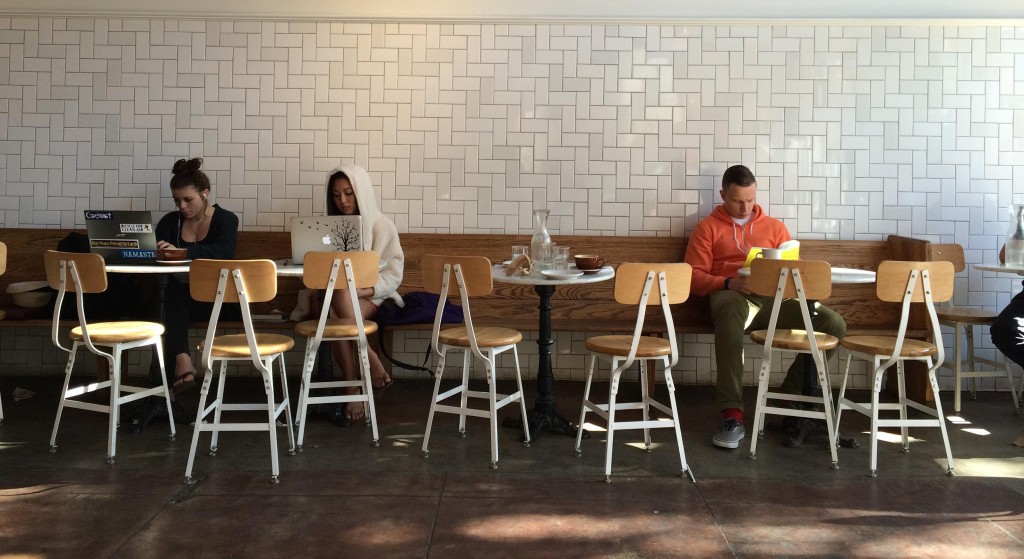The PE2020 project partners at the two units of the University of Helsinki: Consumer Society Research Centre and HEGOM Research Group organise a workshop with the Center for Knowledge and Innovation Research (CKIR) at Aalto University. The aim of the context tailoring workshop is to contextualize and define Living Lab as a public engagement tool.
How does Living Labs as research strategy and methodology help in engaging people, cities, regions, public agencies and firms when solving major societal challenges of our time?
The workshop’s aim is to discuss the research challenges that benefit of wide public engagement in RDI (research, development and innovation) and of Living Labs as a research strategy and methodology. The challenges that may need wide experimentation for the future solutions are among others to (i) aging societies and (ii) the need to renew welfare services for the wellbeing of people, (iii) climate action and (iv) the need to develop environmentally, culturally and socially sustainable industrial, urban, infrastructural and other activities, (v) structural renewal of our economic and social activities, including (vi) the structural renewal of public services. Even the RDI around (vii) energy systems, including renewable energy, and (viii) urban and rural infrastructures such as intelligent traffic may benefit of wide-scale experimentation that involves citizens and public agencies. The challenges that may benefit of wide RDI participation may also relate to (ix) security, poverty and immigration. The EU research and innovation program Horizon 2020 emphasizes – besides creating new jobs and growth – the need to conduct RDI in a way that promotes smart and inclusive development in Europe that strengthens open, human-centric and participative democracy in Europe.
The context tailoring workshop discusses issues around public engagement in RDI. Public engagement refers to activities where there is a distinct role for the citizens or stakeholder groups in research and innovation processes. We discuss among others Living Labs as research strategy and methodology that helps to engage citizens, developer communities, public agencies, academia and firms in RDI collaboration for better societies and economies. The goal of the workshop is to create a shared understanding about the foundational organizational, methodological, and infrastructure challenges of public engagement through Living Labs.
We argue that it is the academia that should take a stronger role in the development of research strategies and methodologies that are collaborative, engaging, participative, dialogical, communicative, large-scale, and transformative. We may benefit even of participative design methodologies and methodologies of rapid prototyping and scaling up. We may learn of development of large-scale (even big data-based) transformative research methodologies of experimentation. The workshop discusses these assumptions from the viewpoints of: (i) What does public engagement mean – through Living Labs approach – as a research (RDI) strategy? (ii) How do we design, manage and organize for this type of research? The challenge is to organize for collaborative ecosystem or network-based RDI leadership. (iii) How should we design the RDI pilots for experimentation, are there ‘generic pilot templates’ to start with? (iv) Should we further develop multidisciplinary research methodologies including a set of large-scale participative experimentation? Are there enough methodological experiences in humanities and social sciences to tackle this challenge? (v) Should we learn more of multidisciplinary research that takes advantage of experimentation and learns to combine humanities and social sciences with natural sciences and the development of technology?
The workshop on April 9th 2015 discusses lessons learned from Living Labs pilots. Please download here the programme.
Registration, before April 7, 2015 at: [email protected]
